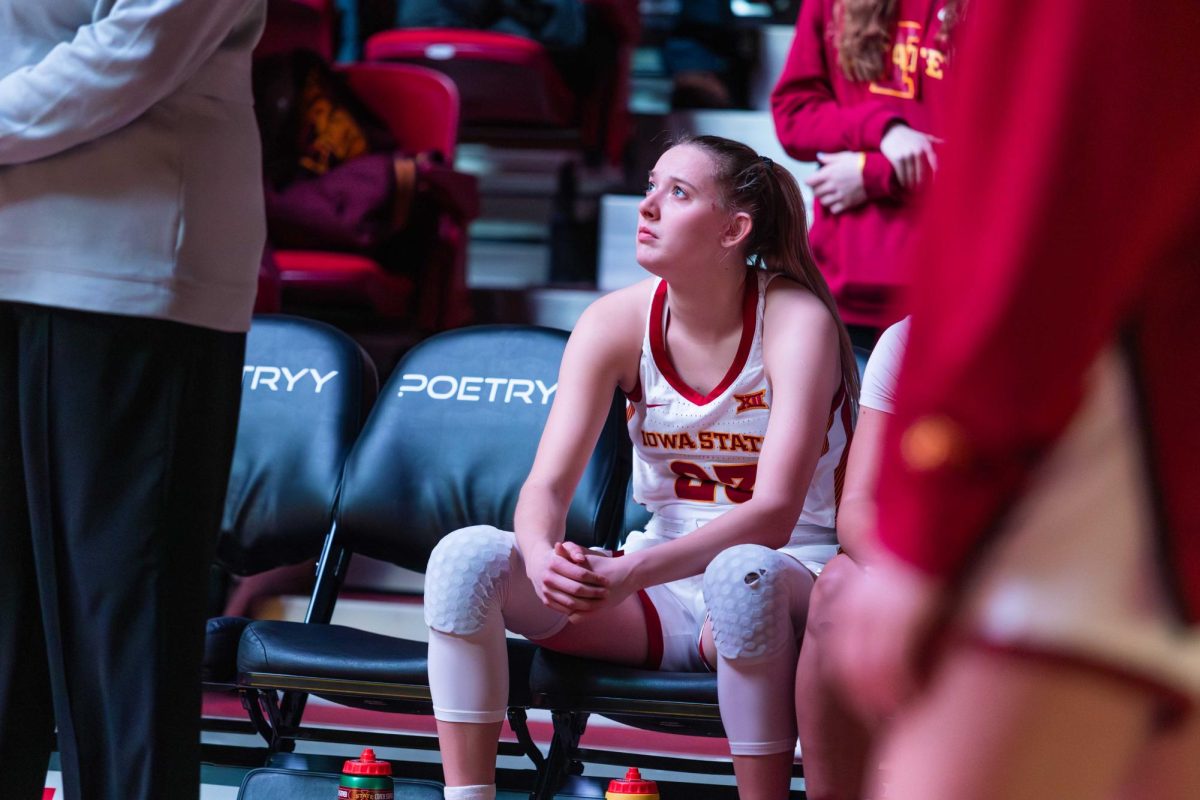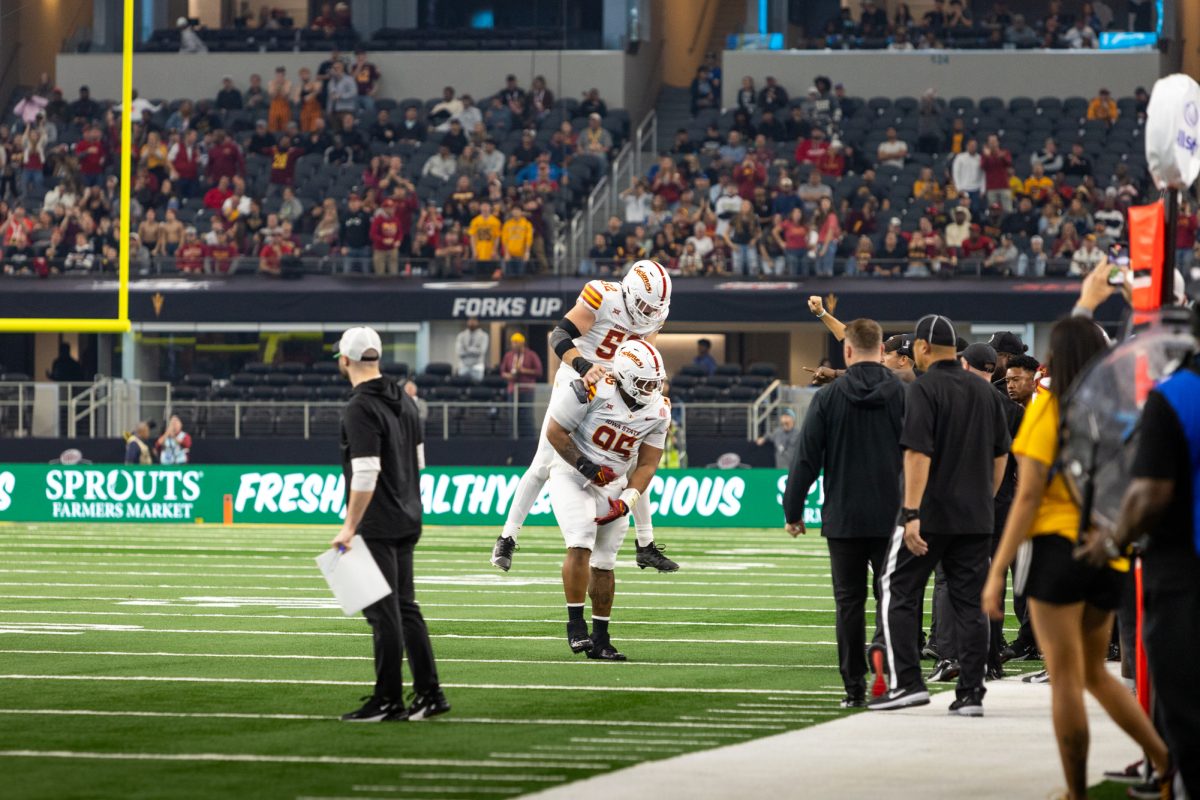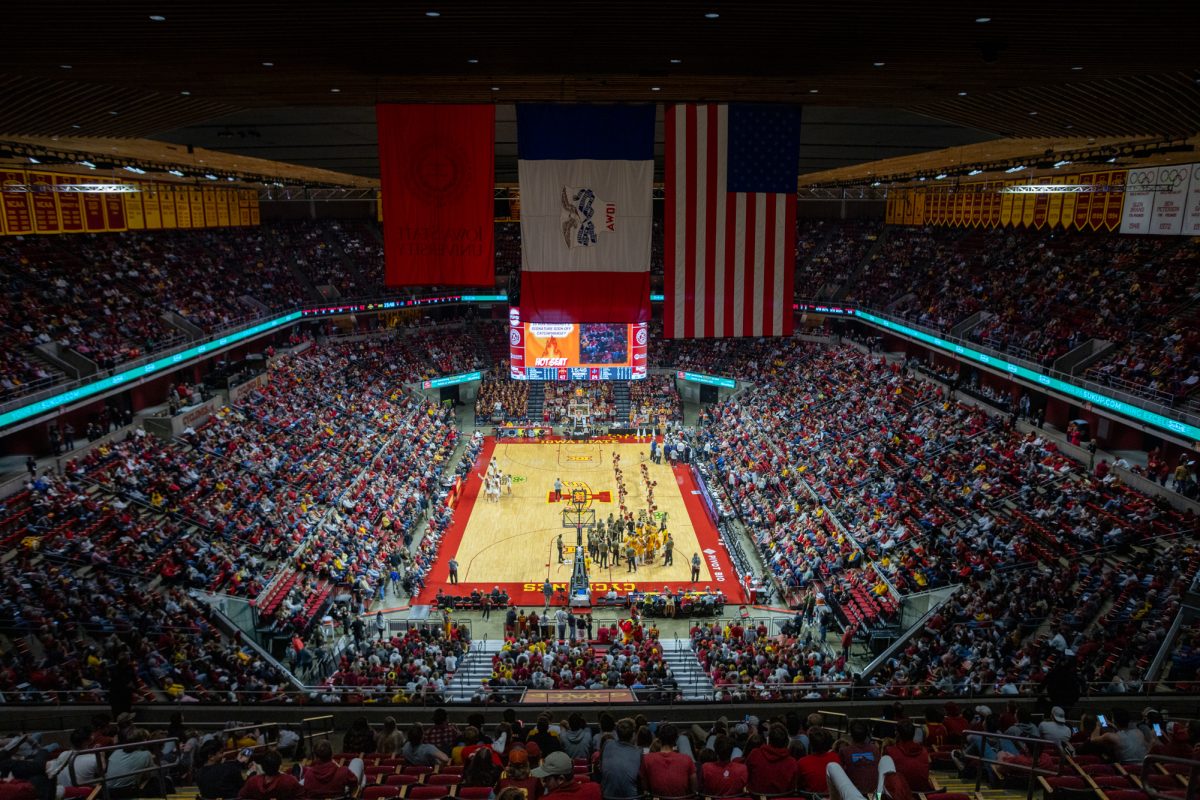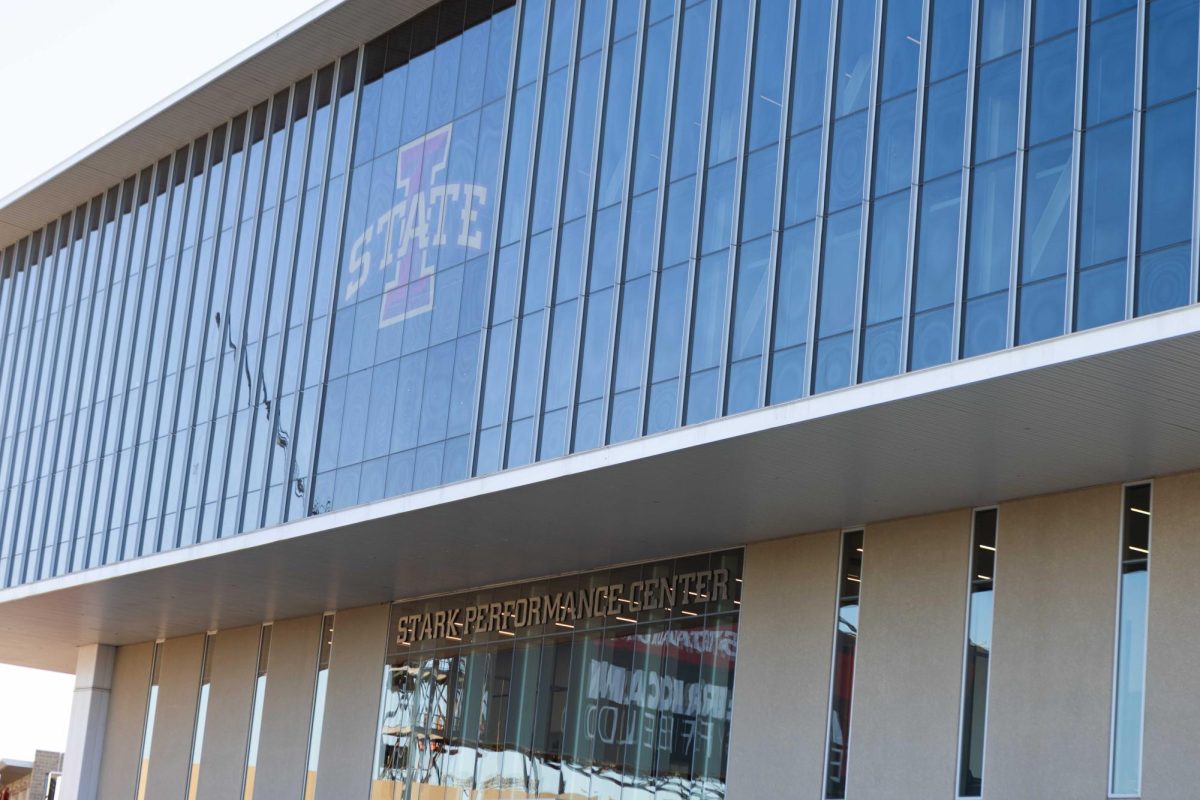A changed perspective
April 6, 2004
More than a year later, he came home.
Her boyfriend had been away since Jan. 26, 2003. First in Germany. Then Kuwait. Then Iraq, during the war and part of the occupation. He stayed longer than ever expected, through the holidays, even after she graduated.
But now he was home.
But before Nicole Frank could give her boyfriend, Adam Graaf, a hug, she had to wait for about an hour while he stood in formation with his unit, the 3rd Corps Support Command U.S. Army Reserves.
“When I got to hug him, everything was back to normal,” Frank said. “All my worries about things being hard … all those feelings brushed aside, it was the greatest feeling to know he was the same person and know things were going to be OK.”
Frank said she had many fears running through her mind throughout the year Graaf, junior in pre-journalism and mass communication, was overseas in Kuwait and Iraq.
“You just go through this roller coaster ride through the year,” she said. “I was afraid for him to come back; I was afraid of how much of our lives we had missed and we would be different people.”
For Graaf, one word summarizes how it felt to be so far away from his girlfriend.
“It was hard. It was really hard,” he said. “It was really hard not being able to show her how much I care, how much I wished I could reach [out] and hug her or something. It weighed a lot on us.”
In a way, it’s been good for their relationship, Frank said. They started to know each other through the letters, short calls and e-mails. Before, they could barely stand to be away from each other for more than a week.
“We got to know a completely different side of each other,” Frank said. “We had to communicate in different forms than we’re used to. We got in the habit of writing e-mails and letters and we really appreciated the time we got to talk to each other.”
There are parts of Graaf’s experience Frank knows she will never hear about, but she expected that.
“There’s some things [he’ll] keep between him and the guys, things he’s not going to want to share because of the mere fact we won’t understand,” she said.
Frank said she would like to know more about Graaf’s experience, but she doesn’t push too hard.
“I want him to know I’m interested in what did happen over there,” she said. “At the same time I give him space; I kind of leave the floor open. Otherwise, I don’t interrogate him too much, I don’t know if its too fresh right now.”
‘It’s real.’
Graaf lived on a large base near Balad, Iraq, known as Life Sustainment Area Anaconda.
Being in the middle of a war is not easy to explain, Graaf said. It’s like the movies, but not quite.
“It’s much more real — that’s pretty obvious,” he said. “When you’re in a situation like that, if you’re getting shot at or if there’s a gun … or if there’s mortars going off, it’s a lot more real.”
When mortars were shot at LSA Anaconda, a frequent occurrence, the ground shook and sounds of war blared into his ears, Graaf said.
“Most of the mortars that fell on Anaconda fell at night and we were in a tent … you’d view these concussions far, far way and feel the impacts all over the place. You [couldn’t] feel where they were coming from. We had a lot of choppers flying around; you could hear the choppers flying in the field.”
It was times such as these that Graaf said he felt afraid.
He’s changed since he’s gotten back, Graaf said. He believes he’s more responsible, more mature.
“I feel more responsible with my time and the people; I’m more aware of how people are feeling because of the fact [I was] feeling alienated, not feeling emotional for awhile, except the bad,” he said.
His opinion of the division between those who believe in the war and those who opposed it has changed was well, Graaf said.
“I guess we all had our opinions going into it; we all changed our opinions. After going through it, it’s a little harder for [us] to say yes or no; we know we have a job whether or not we like it,” he said.
He came back to campus a few weeks after he came home to Iowa. Graaf said he plans to take classes in the fall, and recently changed his major. The campus is the same, but the people look different, Graaf said.
“It was just kind of weird, maybe because I’m 22 and I was walking around and everyone looks so damn young, it’s unbelievable,” he said “It’s kind of funny; I look at people, I see them walking around. [They] have no idea … don’t know anything about being in a tower guard or being in a convoy.”






